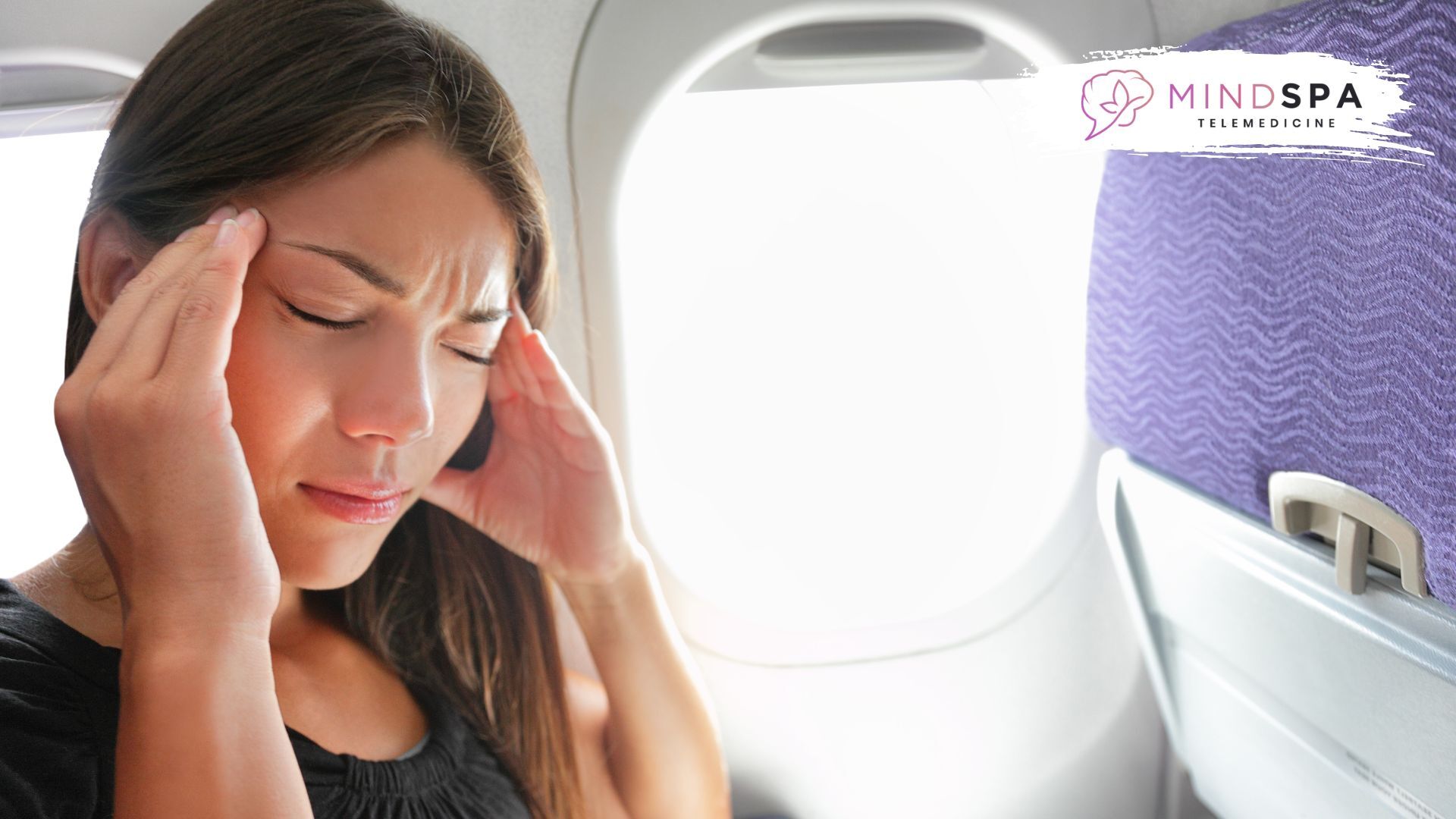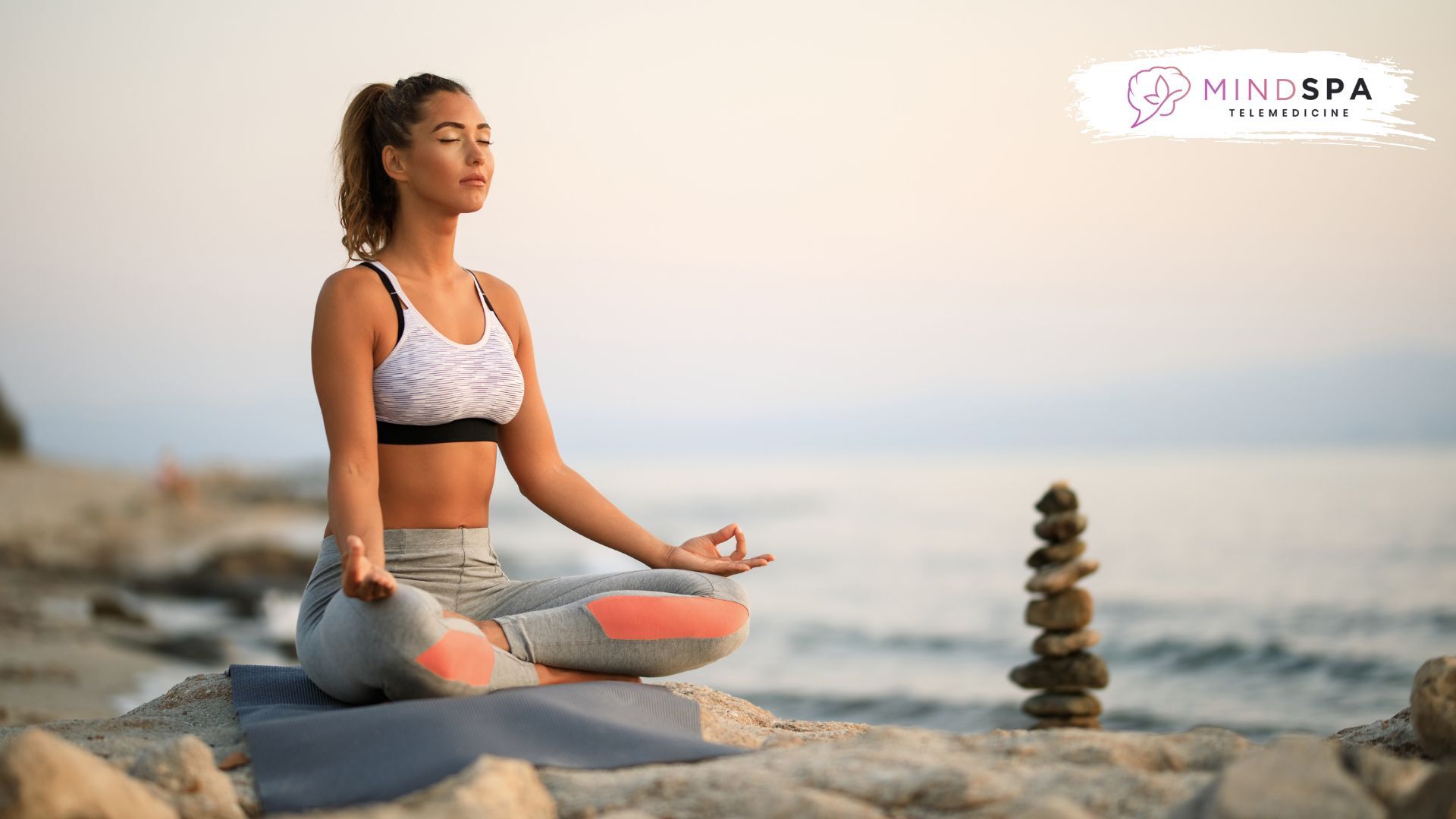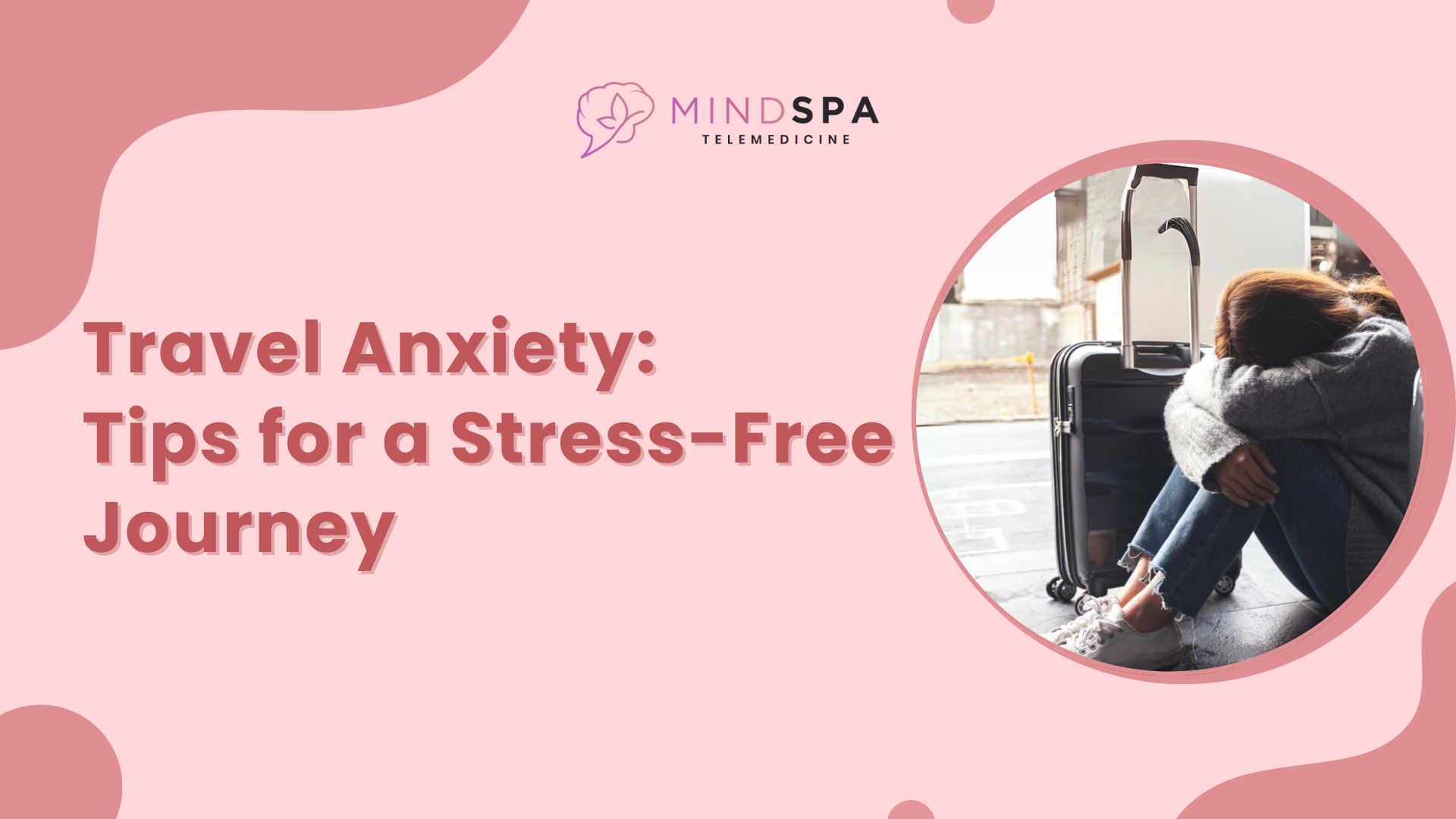Wow, you have an upcoming adventurous trip around the corner. Just thinking about it brings the chill of excitement! Traveling allows people to explore, rejuvenate, and stay connected to enjoy the world’s beauty. Besides being a pleasure, travel has a stressful side, too. This is because travelers feel insecure either because of flying, safety concerns, or even worries about thriving in the unknown. All these factors trigger the psychological condition known as travel anxiety.
A recent WebMD study has shown that 18% of the U.S. population faces travel anxiety. The worst effect of this phenomenon is that it makes travelers feel insecure about traveling by making them cancel all their travel plans.
However, on the bright side, this is something not to be ashamed of because there are a lot of tips psychologists and counselors have provided to overcome travel anxiety. Check out this blog to learn about them and help you lighten the burden of having an extraordinary holiday experience!
What is Travel Anxiety?
Anxiety related to travel results from concerns about safety, logistics, and stepping out of the comfort zone. Symptoms can vary from mild nervousness to severe anxiety, potentially detracting from the overall travel experience. Nausea, shortness of breath, and rapid heartbeat are the bodily manifestations of travel anxiety, and restlessness, irritability, or panic attacks are the mental and emotional effects.
How Does Travel Anxiety Get Triggered?
There is no age limit to acquire travel anxiety. Besides what we just discussed, various other factors trigger this condition. One study revealed that people who faced significant car accidents are prone to travel anxiety. Out of 150 subjects, 65% were proven to have experienced this condition. Moreover, this phenomenon haunts people who face language barriers, claustrophobia, foreign illness, and managing expenses.
Interestingly, 2017 research raised the fact that travel anxiety is biological. Using neuroimaging, they have proven the changes occurring in parts of the brain for individuals who experience anxiety disorders. Now that you have understood the triggers, it’s time to brace yourself and learn how to mitigate them so you can have a fulfilling and enjoyable travel experience on your upcoming trip.

Buy Yourself the Freedom to Travel Without Travel Anxiety Following These Hacks
Here are some tips you can use to work out your travel anxiety. However, you might need some or even all of those mentioned below based on your anxiety levels. Nonetheless, following them is sure to enhance the enjoyment of your journey. Check it out!
1. Plan Well Ahead of Time
Similar to preparing for an exam to avoid last-minute stress, engaging in an organized travel plan is a crucial strategy to alleviate travel anxiety. Have a comprehensive overview of the transportation, lodging, and activity details about the destination to ease uncertainties that trigger anxiety.
Additionally, familiarize yourself with the customs, layout, and language of the place you are about to visit so that you can develop a sense of security and confidence to face the unfamiliar place. Therefore, by adopting this proactive approach, you can effectively reduce potential stressors and enrich your travel experience with preparedness and anticipation.
2. Pack Wisely
Following a well-structured checklist for packing can alleviate the stress of forgetting essential items and dealing with bulky luggage. Simply put, it is like getting ready with the required essentials to face an exam so that you don’t panic in the exam hall of failing to bring the necessary stationery.
Being mindful of what to pack and what to leave behind helps you ease the burden of carrying unnecessary possessions. Therefore, pack items that offer comfort and remind you of home to reduce your anxiety levels so that you can feel the warmth and welcoming atmosphere even in unfamiliar places. This systematic packing approach paves the way for a calm travel experience.
3. Have a Thorough Understanding About the Travel Procedures
Understand the details of travel processes, including airport navigation and local transportation choices, beforehand to lower the potential of triggering anxiety levels.
Making use of online check-ins and real-time travel apps for information can help make travel logistics easier to navigate and less daunting. In the end, knowing these procedures can transform potentially difficult circumstances into doable assignments, making travel easier and more assured.
4. Practice Mindfulness and Relaxation
Try working out mindfulness exercises and relaxation techniques to lower the anxiety levels of your brain. Even researchers have proven that mindful meditation is the best solution to reduce anxiety symptoms.
Work out simple guided meditations and breathing exercises, or just listen to some soothing music in your travel routine to maintain a sense of calm and control. Follow them regularly and experience a significant difference in your stress level and combat travel anxiety.

5. Contact Your Loved Ones from Time to Time
Having a chat with your family and friends can offer comfort and support during travels. Sharing your travel plans and staying in regular contact reduces any sense of loneliness or isolation and enhances your feelings of safety. This connection serves as a valuable remedy for anxiety, providing a sense of belonging and reassurance, even when you are far away from home. Don’t be afraid to seek professional help for mental health if you feel the need.
6. Engage in Distractions and Physical Activities
Engaging in physical activity as part of your travel routine can help control anxiety. Go for a walk or practice some stretches to positively impact your stress management levels. Alternatively, you can immerse yourself in distractions such as video games, movies, and other visual stimuli like puzzles and books to pass the time. Bringing these along can help prevent negative thoughts and offer a positive focus instead.
7. Give Importance to Self-Care
Don’t neglect to take care of yourself while traveling. Eat healthy, get enough sleep, and participate in leisurely activities to manage stress and enhance the overall travel experience.
8. Have a Flexible Mindset
Traveling often comes with unexpected changes and hurdles that can trigger anxiety. Therefore, the key to overcoming it is to have a flexible mindset. Try adapting and going with the flow, considering the challenges and disappointments as a part of the adventure. This adaptability can enhance the travel experience by equipping you to welcome the unexpected aspects of the journey with curiosity and openness.
9. Get Professional Help
Seeking assistance from mental health professionals can significantly benefit individuals who struggle with travel anxiety. Seek the help of well-equipped therapists and counselors to effectively cope with anxiety to enhance your overall travel experiences.
Conclusion
Travel anxiety is a significant stumbling block that can threaten your ability to engage and appreciate travel experiences. To avoid that, follow the tips mentioned above to maximize your vacation experience correctly.

